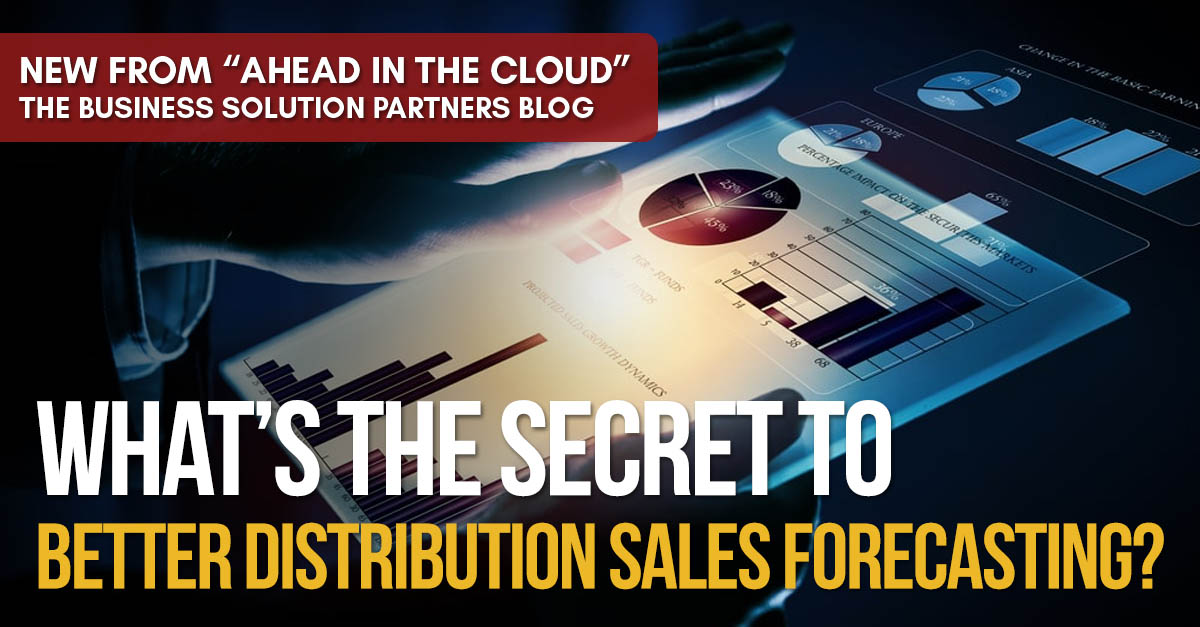What’s The Secret To Better Distribution Sales Forecasting?
Sales forecasting is one of the hardest tasks for distributors, but the right approach combined with the latest technology can go a long way.
2 min read
FullQuota Editor : Updated on September 17, 2020
Distributors planning ahead for 2014 need not look any further than this year to see what technology trends will drive the industry moving forward.
Trends already impacting the industry that will continue next year include a push toward cloud ERP and CRM applications, mobile apps, social media and Big Data. A careful evaluation of these trends and the potential benefits they hold is an important step in business planning. Here’s a closer look at these four trends.
Mobile applications will also affect how businesses interact with customers. Buyers are going to expect to be able to research products and product availability on the go, and they’ll want to buy online and check their order status from mobile devices. Distributors need to prepare for the shift by developing systems that are mobile ready.
Look at your current systems to see what can be moved to a cloud environment. Analyze the return on investment for cloud solutions, and make a decision to move forward with those. Cloud ERP and cloud CRM are two primary applications with great potential.
The first order of business is to identify what data you need to collect about your customers and targeted prospects. What information would help you to service them? What information would help you to market and sell to them?
You don’t need to accumulate data on the scale of Amazon, which collects massive amounts of information. What matters is how you’re going to use the data and what data would support that effort.
Distributors must recognize the need to keep up with the times in order to stay competitive. Mobile apps, cloud computing, social media and Big Data will play key roles in the coming year, and businesses that don’t take advantage of these tools could find themselves left behind.

Sales forecasting is one of the hardest tasks for distributors, but the right approach combined with the latest technology can go a long way.
E-commerce distributors can use analytics to their advantage, but it takes a deliberate approach to be successful.
Cloud ERP is revolutionizing the way distributors and manufacturers do business. An article on CIO.com takes an in-depth look at how one company has...